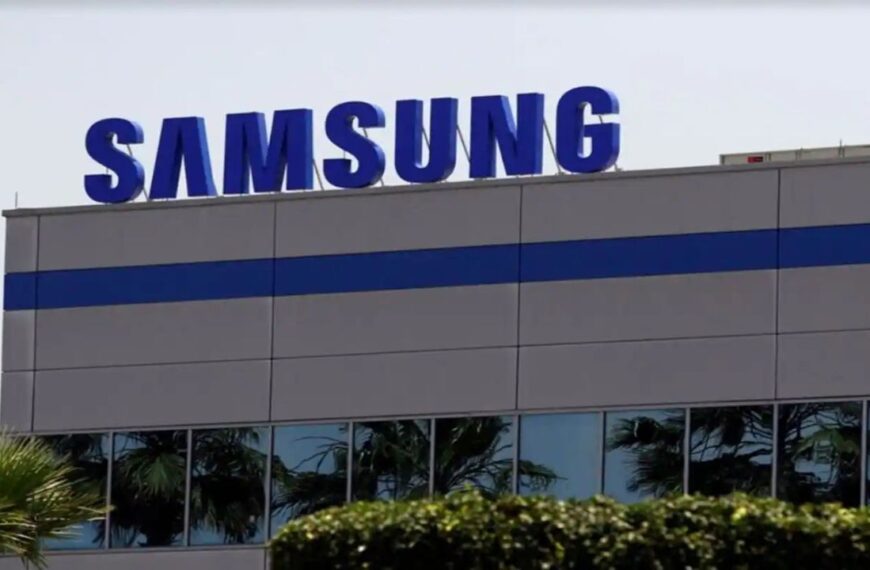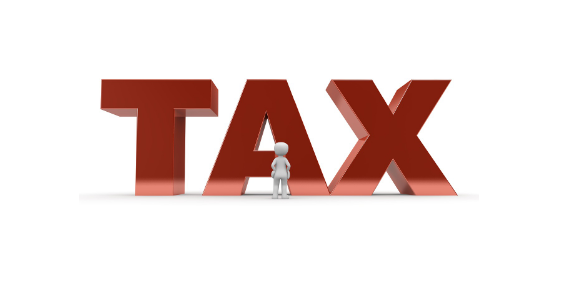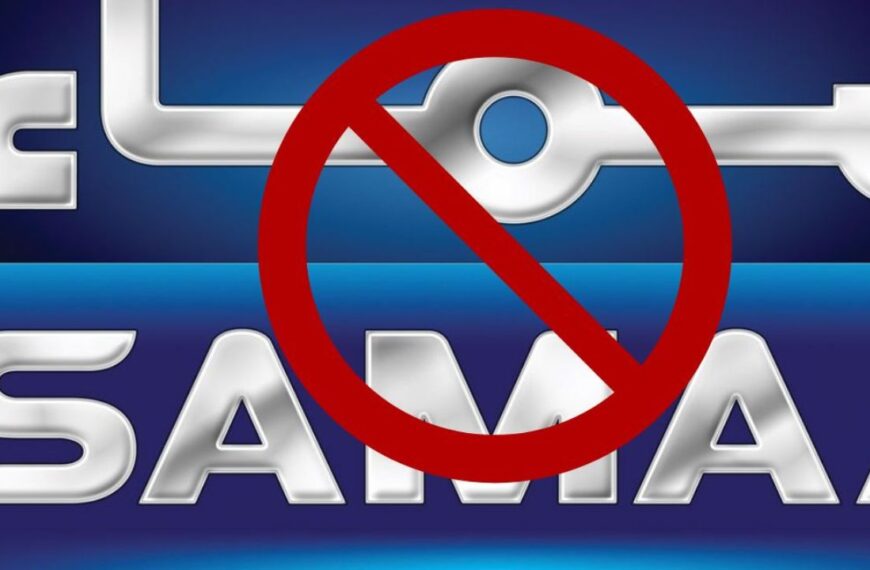The people of the country got a big shock on Monday, 7 April 2025, when the central government announced an increase of Rs 2 per liter in the prices of petrol and diesel. These new prices came into effect from 12 o’clock on Monday night. The special thing is that this decision has been taken when the prices of crude oil across the world have come down to the lowest level in the last three years. Questions have started arising about this step of the government, especially when the common man is already struggling with inflation.
Sharp fall in the price of crude oil
Last week, the price of crude oil fell to $ 62 per barrel, the lowest rate since August 2021. This is due to the fear of global economic recession and the decrease in demand for oil. On Monday, Brent crude was at $ 63.23 per barrel, while Nymex crude in the US market fell 10 percent to close at $ 62. Apart from this, Saudi Arabia has reduced the price of ‘Arab Light’ for Asia for the second consecutive month and OPEC + countries have eased production, which may increase supply.
Opposition and public raised questions on price hike
As soon as the government announced to increase the prices of petrol and diesel, criticism intensified in the country. Opposition parties raised questions that when the prices of oil are continuously falling in the international market, then why are its prices increasing in India. Congress leader Manish Tiwari asked the government whether ‘dynamic pricing’ is applicable only when prices have to be increased? The general public was also hoping that now there will be relief, but on the contrary the burden has increased further. No clear statement has come from the government on this till now.
Oil companies benefit, but some also suffer losses
India’s oil companies are benefiting well from the fall in crude oil prices. The auto fuel margin of companies like Indian Oil, HPCL and BPCL has reached Rs 13 per liter, which is usually Rs 3.5 to 6.2. However, if the government increases excise duty or cuts retail prices, their profits may decrease. On the other hand, this fall is harmful for companies like ONGC and Oil India. According to analysts, every $1 fall can reduce their earnings per share (EPS) by 1.5 to 2%.


















